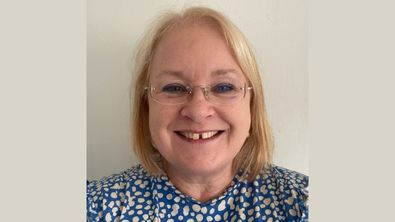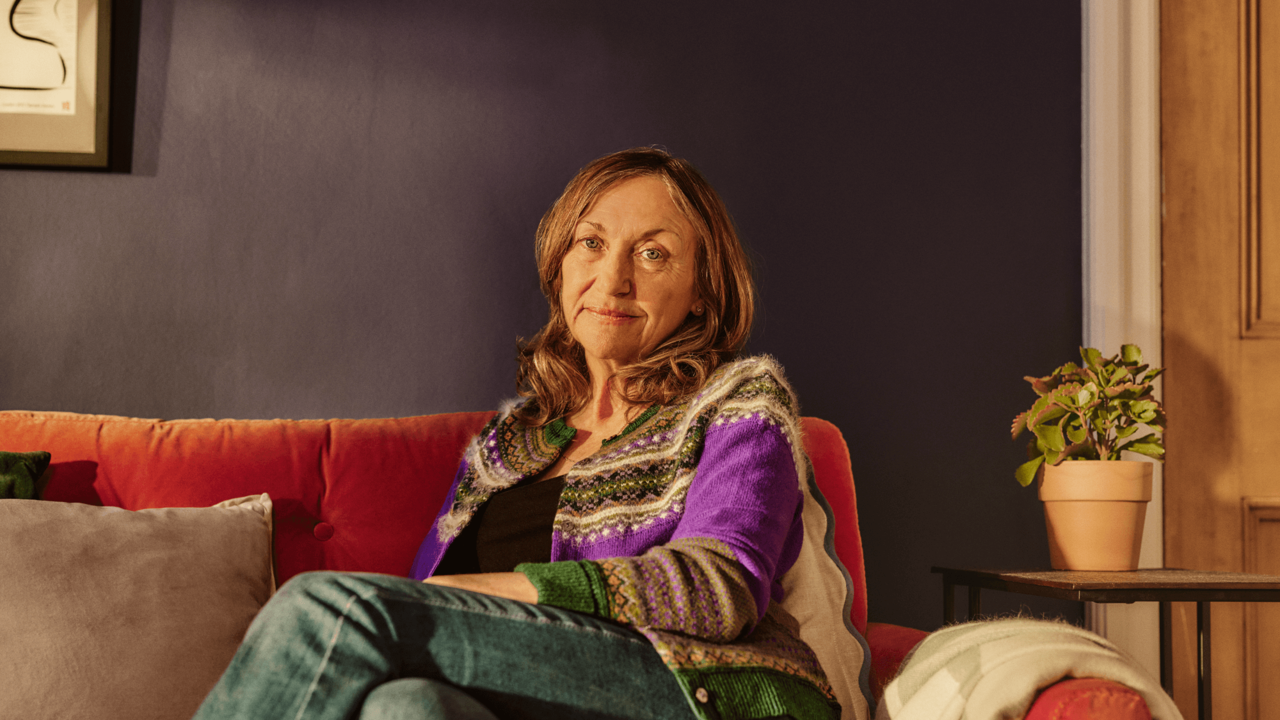Demystifying advanced care planning
When people hear about palliative care or advanced care planning, they often think it means care at the end of life. But these things are important to think about at any time.
Advanced care planning is about making sure people understand your wishes for treatment and future care, especially if there comes a time when you're unable to make decisions yourself.
Planning ahead can give you and the people close to you peace of mind
Macmillan Digital Content Editor, Ros spoke to Nes, who is living with advanced cancer, about what planning ahead means to her, and why having open, honest conversations can make such a difference.
How did learning about advanced care planning help you?
I attended an advance care planning session and what struck me is that it is a healthy thing to do. Thinking about your future and what would happen if something happened to me. Whether you have cancer or not, it is a good thing.
Who would I want to support me? How could they do that easily and quickly, whether that be financially or from a health perspective? It allows you to start having a conversation with other people in a legitimate way, without feeling worried that you have advanced cancer and need to be thinking about the long-term future.
I have had chats with friends where one of us will say, “This has happened to my mum,” and we realise we have never thought about what we would want if we were taken into hospital or something happened to us. That was one good thing I took from it.
What surprised you about it?
After I was first diagnosed and had finished chemo, I was talking to my nurses about different courses I could try and exercise classes - things like reflexology, Pilates.
When you hear terms like advanced care or palliative care, you might think, “I don’t really need that, I’m absolutely fine.” But it is also about the support you can have. I found it helpful talking to my nurses and asking, “What else can I access that is going to help me live well?”
I do think there is a bit of confusion about the language. To me, it is very much about what everyday support can be put in place to help you have a better quality of life.
How can we help people see planning ahead differently?
Thinking about your future options and care does act as an enabler whether that be financial support, wellbeing support, or physical support. It can be as simple as needing some help at home, and asking, “How do I access funding that could be available to me?”
Terms like palliative care are still associated with, “I am in a hospice and I have got three weeks to live.”
It is a real misunderstanding because that then means people do not talk about it. But when you have advanced cancer, you need to do everything you can to keep living well, and palliative care is part of that process.
I think of it like a menu. Right now, you might only choose one or two things, but you do not need all of them. You can come back to it whenever you need.
What was it like when you first began thinking about your care?
I thought, “Here I am, I have just got to get on with it. Treatment every three weeks.” What I found helpful was connecting with other people living with advanced cancer like me and starting those conversations.
I remember saying to one person, “I have been invited to this future care planning session and I am not sure I feel ready for it.” She said, “It is something we should all do. It does not matter whether you have cancer or not.”
She made a good point: when you are in your 20s, you plan, you start a pension, you might buy a house and take on a mortgage. That is all towards the future. So why should planning for care be any different?
How did you talk about it with your loved ones?
One of the things I shared with my husband was about wills. Living with advanced cancer, we decided to make sure ours were in place. That was prompted by attending that session, and it was a good conversation.
I have spoken with a couple of friends too, but at the moment I do not want to have lots of conversations about it. The important thing is it allows you to make that decision for yourself, when you want to talk about it, and when you do not.
When I shared what I had learned, some of my friends started their own conversations about palliative care and wills. That is healthy. It can be uncomfortable to talk about death, but by talking about things like future care planning, things palliative care, finances and power of attorney, it can help people to think differently.




